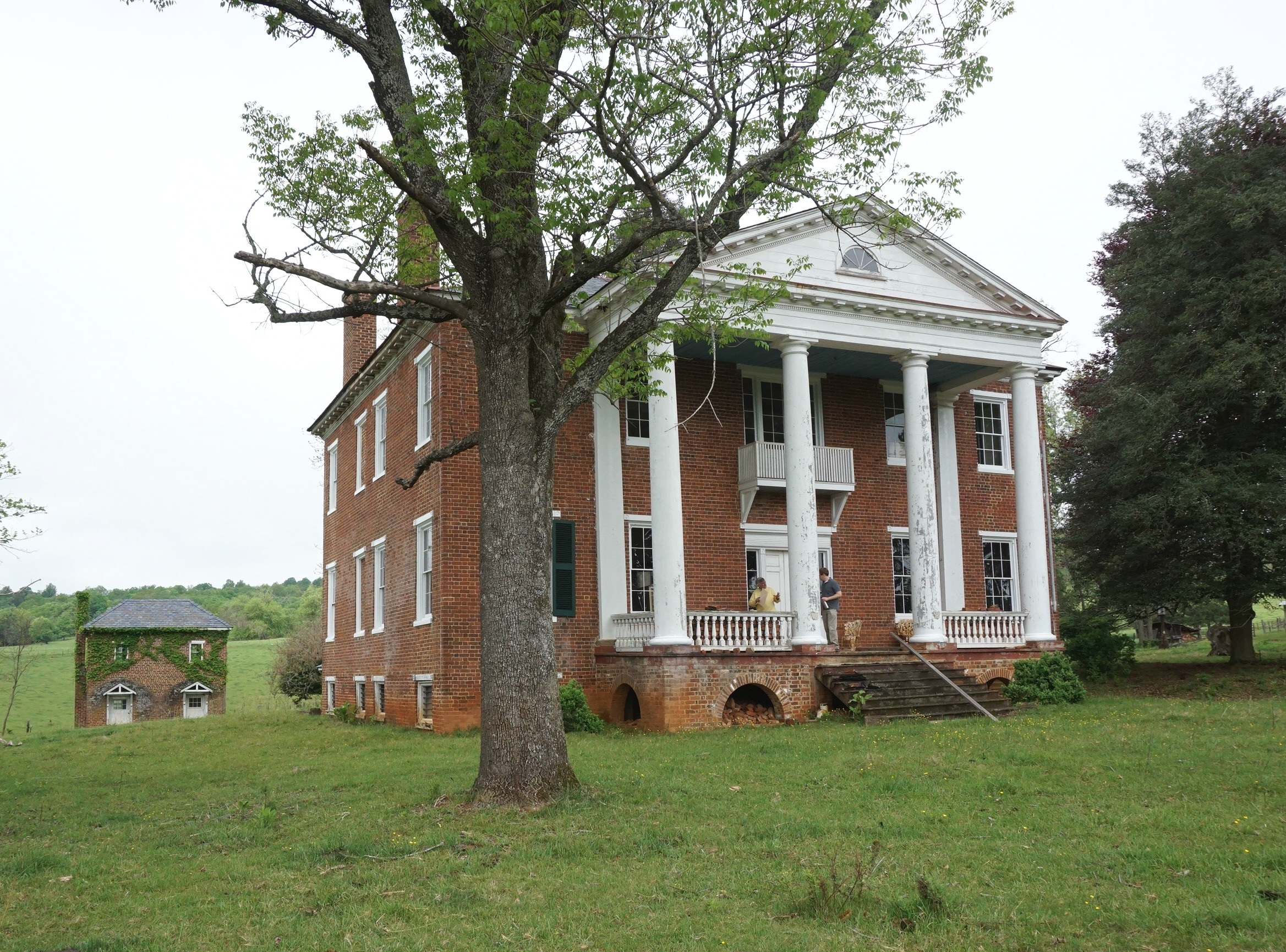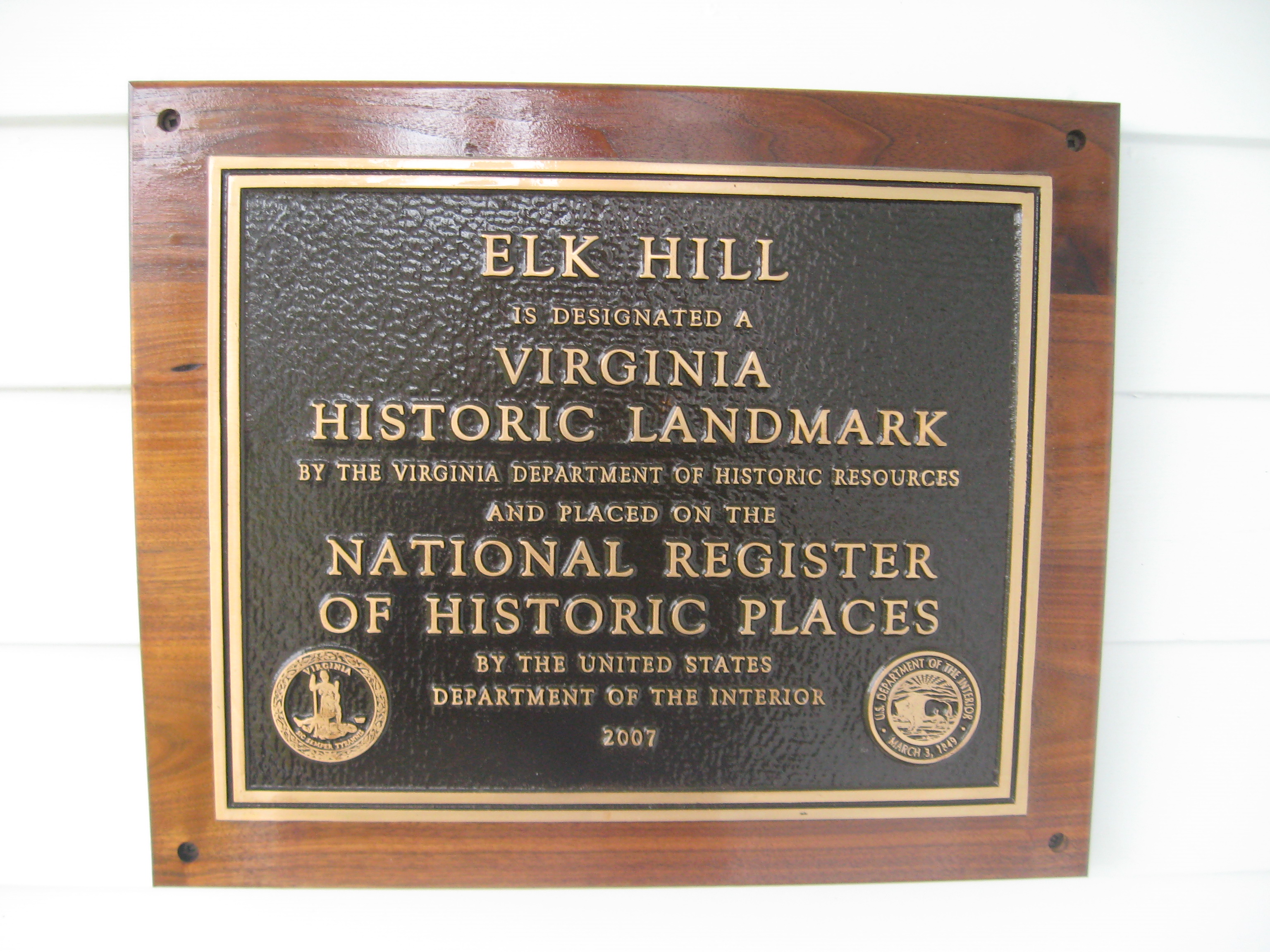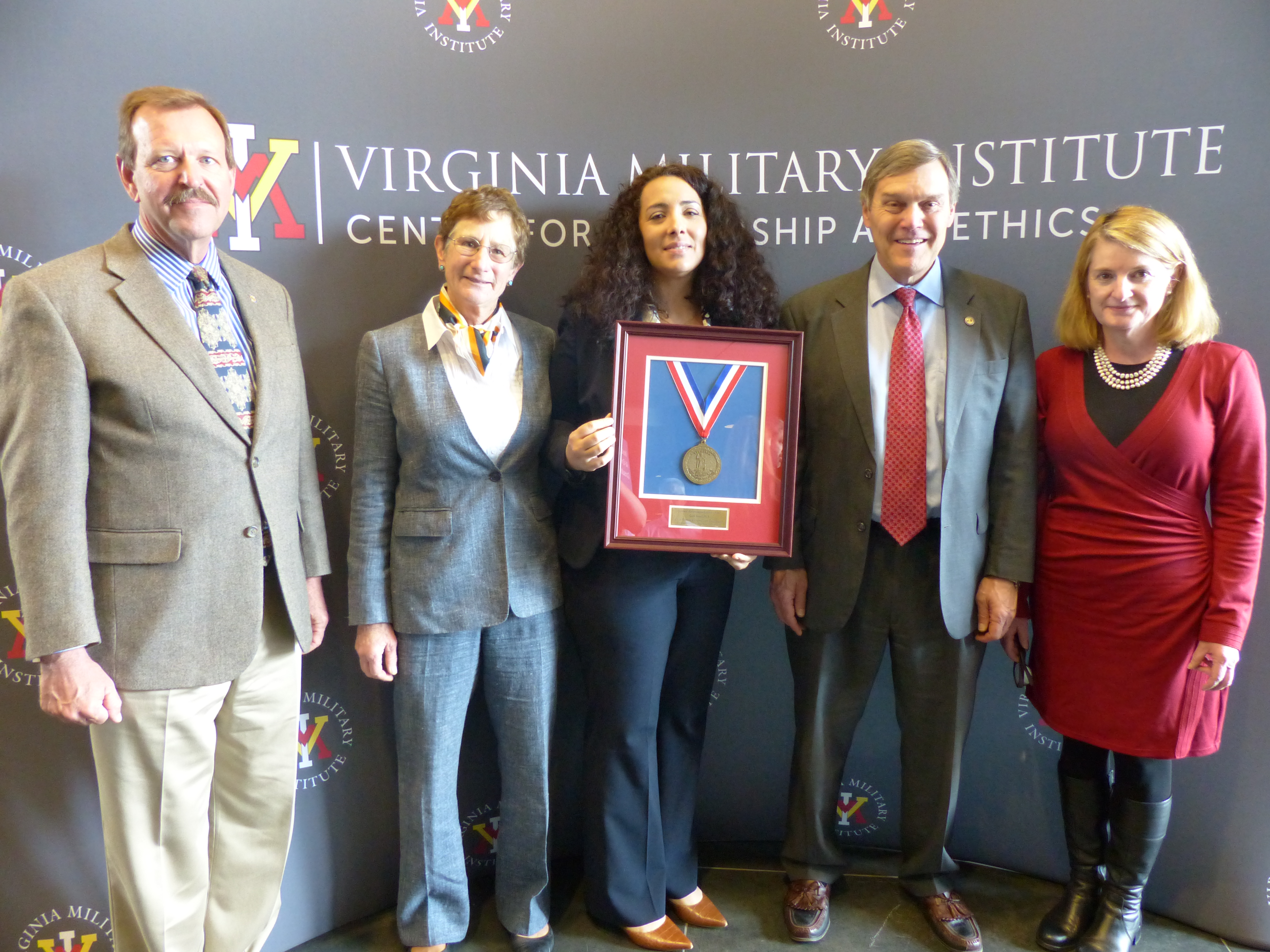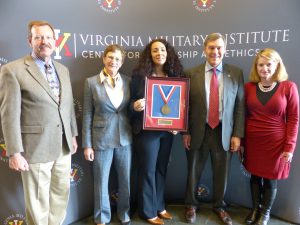Note: Please read an update to this story here.
Two natural gas pipeline projects in Virginia — Atlantic Coast Pipeline (ACP) and Mountain Valley Pipeline (MVP) — are planning to present applications for conversion of protected open space on 11 Virginia Outdoors Foundation easements at VOF’s board meeting on September 29. The companies behind the projects had previously planned to present the applications for consideration at the June 30 board meeting, but they requested deferral in early June.
The applications, which were first shared with VOF’s Energy and Infrastructure Committee at a May 26 public meeting in Richmond, were submitted by the companies as part of a process related to requirements under § 10.1-1704 of the Code of Virginia. The law states that open space shall not be converted or diverted from open-space land use unless “(i) the conversion or diversion is determined by the public body to be (a) essential to the orderly development and growth of the locality and (b) in accordance with the official comprehensive plan for the locality in effect at the time of conversion or diversion and (ii) there is substituted other real property which is (a) of at least equal fair market value, (b) of greater value as permanent open-space land than the land converted or diverted and (c) of as nearly as feasible equivalent usefulness and location for use as permanent open-space land as is the land converted or diverted.”
This conversion-diversion process, as it’s known in Virginia’s land conservation community, has been utilized only 14 times in VOF’s 50-year history, usually for public infrastructure projects initiated by state agencies or county governments.
The ACP and MVP applications are unprecedented in both their number and size for a single project. In order to build the ACP pipeline, representatives from Dominion, one of the project partners, says it must permanently convert 68 acres of protected open space spread across 10 easements. Representatives for the MVP pipeline have said their project may convert 2.1 acres for pipeline construction on a 62-acre VOF easement in Montgomery County, although at the May 26 meeting they informed VOF that they are still looking for ways to avoid VOF easements entirely.
VOF first learned about the projects in 2014. At that time, ACP had proposed a route that circumvented all but one VOF easement. In February 2016, however, in response to concerns from the U.S. Forest Service and environmentalists about routing the pipeline through sensitive habitat in the George Washington National Forest, the proposed ACP route was adjusted and would now intersect nine additional VOF easements. However, final approval for both projects, including route siting, will be determined by the Federal Energy Regulatory Commission (FERC).
Typically, VOF easements place restrictions on the construction or expansion of utilities on properties. Utilities that serve the property are generally permitted without approval, whereas utilities that serve other properties must get approval from VOF before being constructed. Approval is granted only when VOF determines that the construction and maintenance of the utilities will cause no more than minimal impairment to the conservation values.
Because of the scope and scale of these projects, VOF determined early on that the pipelines would be inconsistent with its easements and would trigger the conversion-diversion process. VOF informed both companies of the process, and they decided to submit the applications now rather than waiting for FERC to finish the federal process.
ACP is seeking to convert 68 acres of open space in four counties, and is offering approximately 1,200 acres of open space between two properties as substitute land to satisfy the requirements under § 10.1-1704. MVP has not yet decided what it would offer as substitute land to meet the legal requirements.
The applications can be found among the background materials for the May 26 Energy and Infrastructure Committee meeting.
The primary considerations for VOF’s board will be whether the requests meet the essentiality and substitute land requirements under § 10.1-1704, and whether federal laws have any bearing on those requirements. VOF board meetings are open to the public, and anyone is welcome to either speak in person during the public comment period or submit their comments in writing at any point during the process. Written comments may be submitted to bcabibbo@vofonline.org and addressed to the VOF Board of Trustees.
“Conversion-diversion of open space is a process that we take very seriously,” says Executive Director Brett Christina Glymph. “Each easement protects conservation values that represent a fulfillment of public policy and an investment of public dollars. We are doing everything we can to protect the public’s interest in these agreements within the scope of our authority. Although our legal interests are separate from the landowner’s legal interests in an easement contract, we are mindful that landowners give up a tremendous amount of financial value in their land when they restrict development rights through easements, and we must ensure that the conservation values embodied by those restrictions remain protected through the conversion-diversion process.”
Glymph adds, “Throughout this process, VOF has done its very best to maintain transparency, accountability and open lines of communications with everyone involved. We are confident in the integrity of our board and staff to adhere to the process and the law and make certain that the Commonwealth’s interests are not compromised.”




